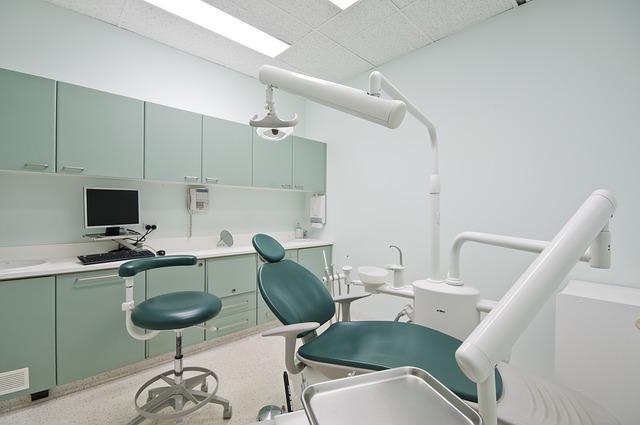With inflation now at a 40-year high the British Dental Association has called on Health Secretary Sajid Javid to follow the precedent set with NHS prescriptions and freeze NHS dental charges for the foreseeable future.
Commenting at the time of the prescription freeze, Javid said: “the rise in the cost of living has been unavoidable… While we cannot completely prevent these rises, where we can help, we absolutely will.” In an open letter, dentist leaders are seeking the same principles to be applied to NHS dentistry.
Introduced in the early days of the NHS, charges were put in place explicitly to reduce demand for dentistry. One in five patients delay treatment for reasons of cost according to official data, and from 2012 to 2020 charges have risen annually at rates well above-inflation. In 2021 – for the first time since 2010 – there was no increase.
The first year of the pandemic saw charge revenues drop by nearly £0.6 billion as a result of lower patient volumes. Government contributions to the NHS budget in 2019/20 were lower than they were a decade ago, and have had to increase in order to fill that gap and maintain the viability of the service. [1] The BDA has expressed its concern that Treasury imperatives to return to a ‘pre-COVID’ model will result in further, significant increases in charge levels.
While exemptions exist for children and some adults often on the basis of their benefit status, BDA analysis of official data shows treatments delivered to non-paying adults fell by almost a quarter in the 5 years prior to the pandemic. This translates into as many as 1.7m fewer adults seeking free dental care in 2020, and with no parallel increases among charge payers. The BDA says that confusion over and changes to eligibility – including the rollout of Universal Credit – have already led patients on modest incomes to turn away from dentistry. [2]
The BDA have stressed new hikes must now be ruled out, and a sustainable funding settlement put in place for the service that ends its overreliance on patient charges. The government has committed to ‘level up’ access to NHS dentistry, to improve access and attract dentists back to the NHS. Around 3000 dentists are estimated to have left the NHS in England since lockdown. However with no indications new funding will be offered, the BDA has warned these promises risk being doomed to failure.
In a message to the Chancellor in the autumn, the BDA and Healthwatch England stressed that the success of any recovery plan would hinge on appropriate investment being put in place following a decade of cuts. The BDA estimate it would take an extra £880 million per year simply to restore levels of resource to 2010 levels.
In the open letter to Health Secretary, BDA Chair Eddie Crouch said:
“The government must not give those on modest incomes a reason to think twice about seeing their dentist.
“No patient should have to choose between heating, eating or seeking NHS dental care. A charge freeze is a vital first step, but the logic of recent hikes – that patients should pay more so government can pay less – must end.
“The Department has a stated commitment to ‘level-up’ dentistry. We want these pledges to have meaning, and a fair funding settlement is required to underpin the rebuild and reform of the service.
“It is not plausible to tackle the pandemic backlog, improve access and recruit and retain talent in the workforce on an inadequate, standstill budget.”9








